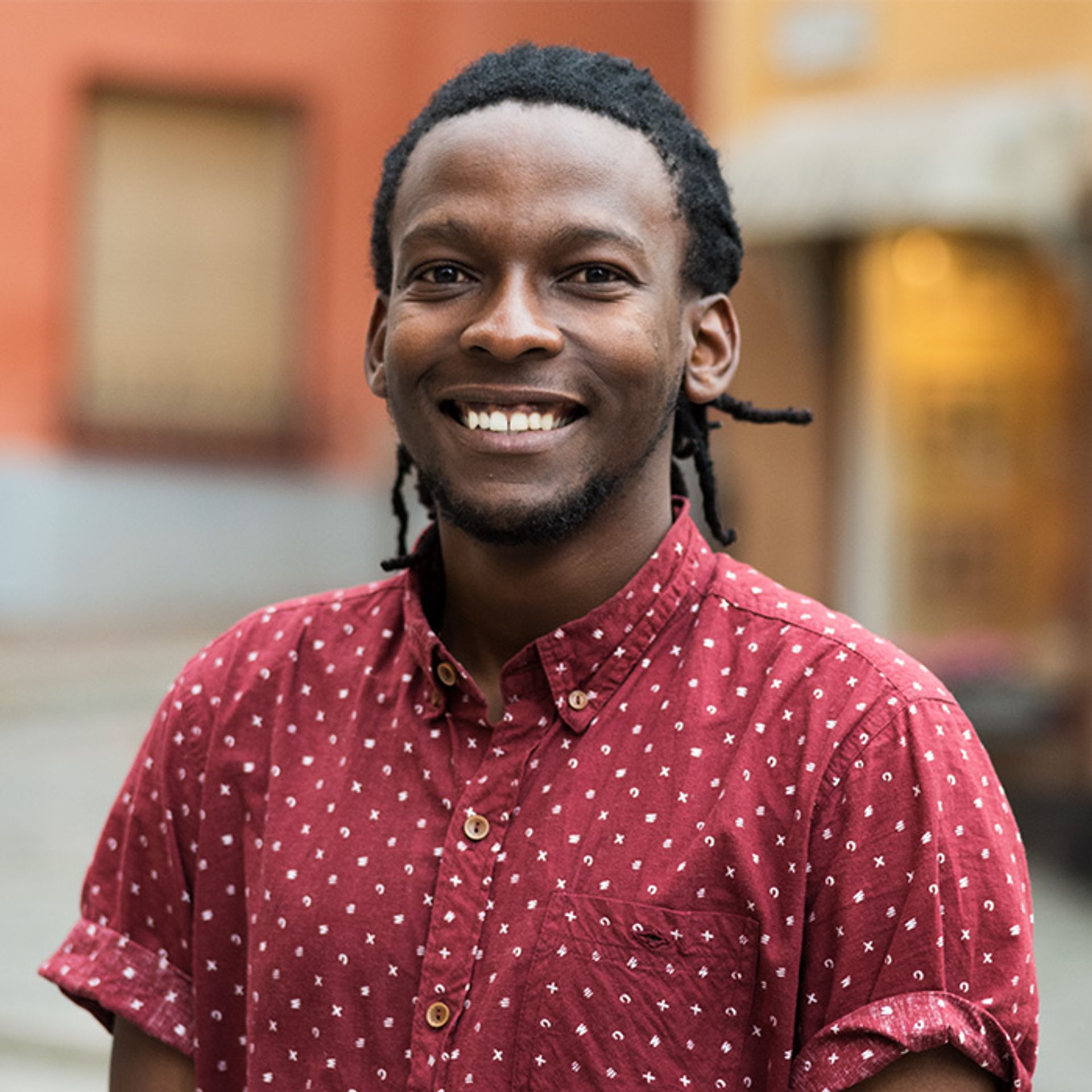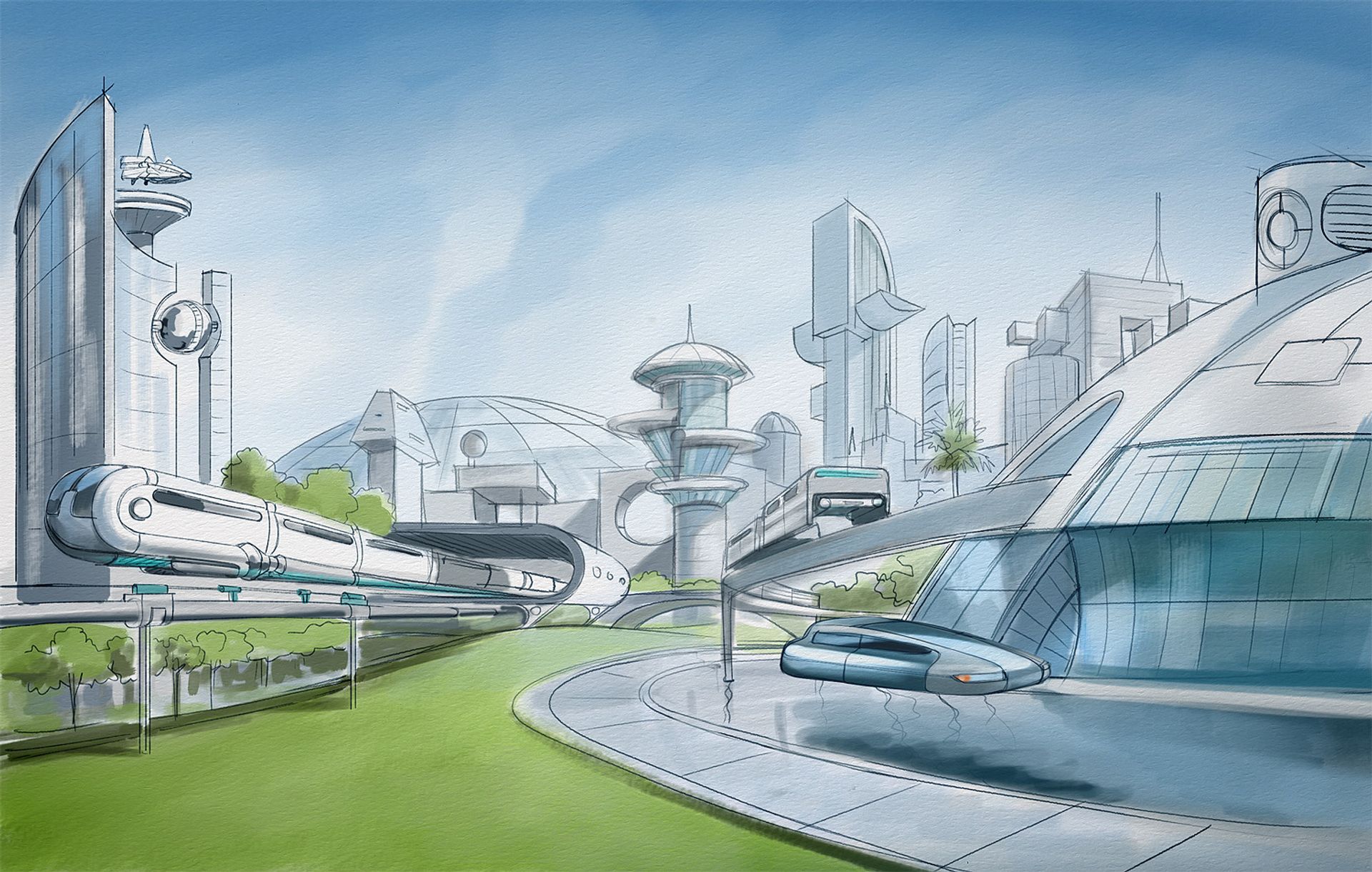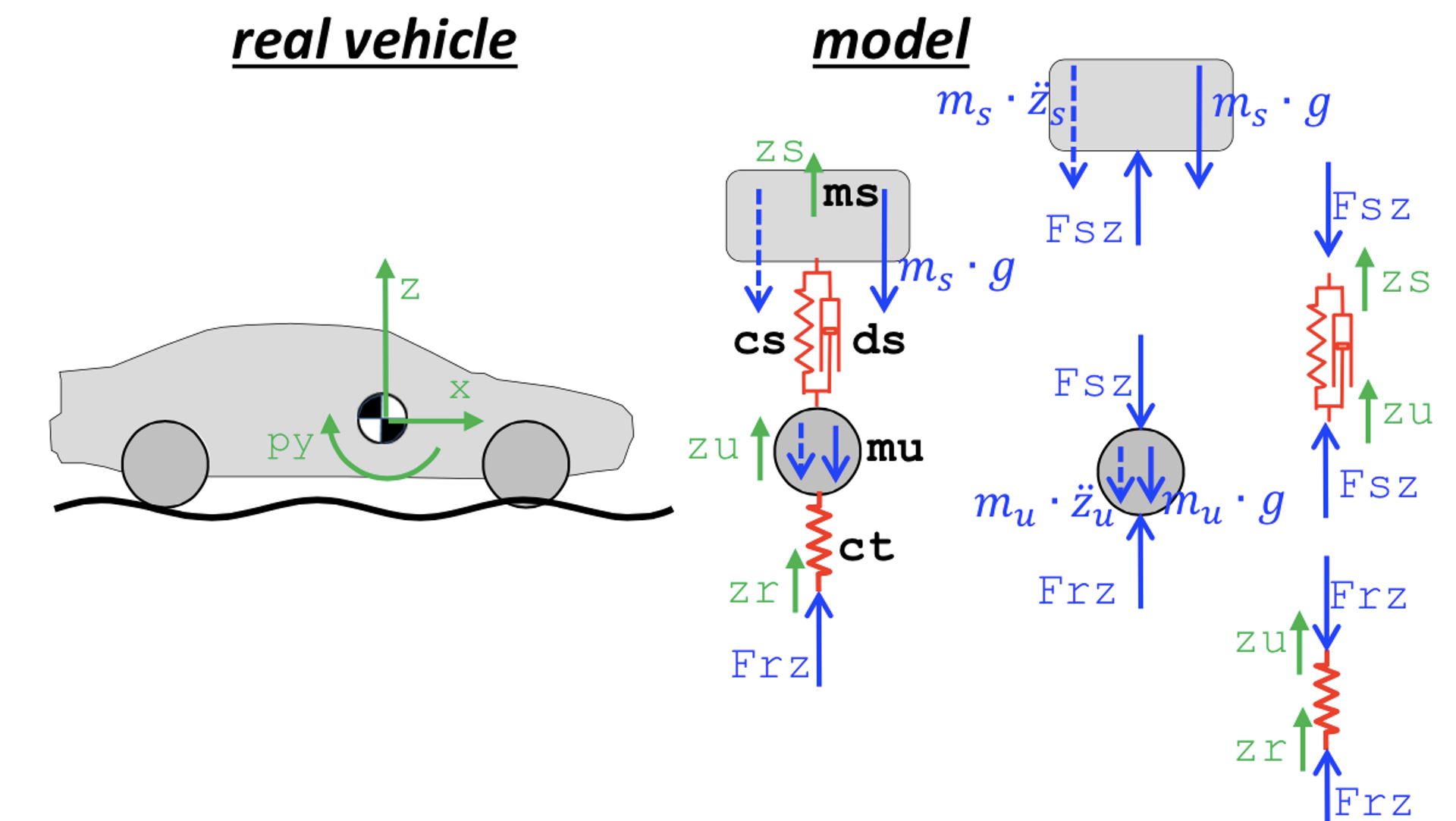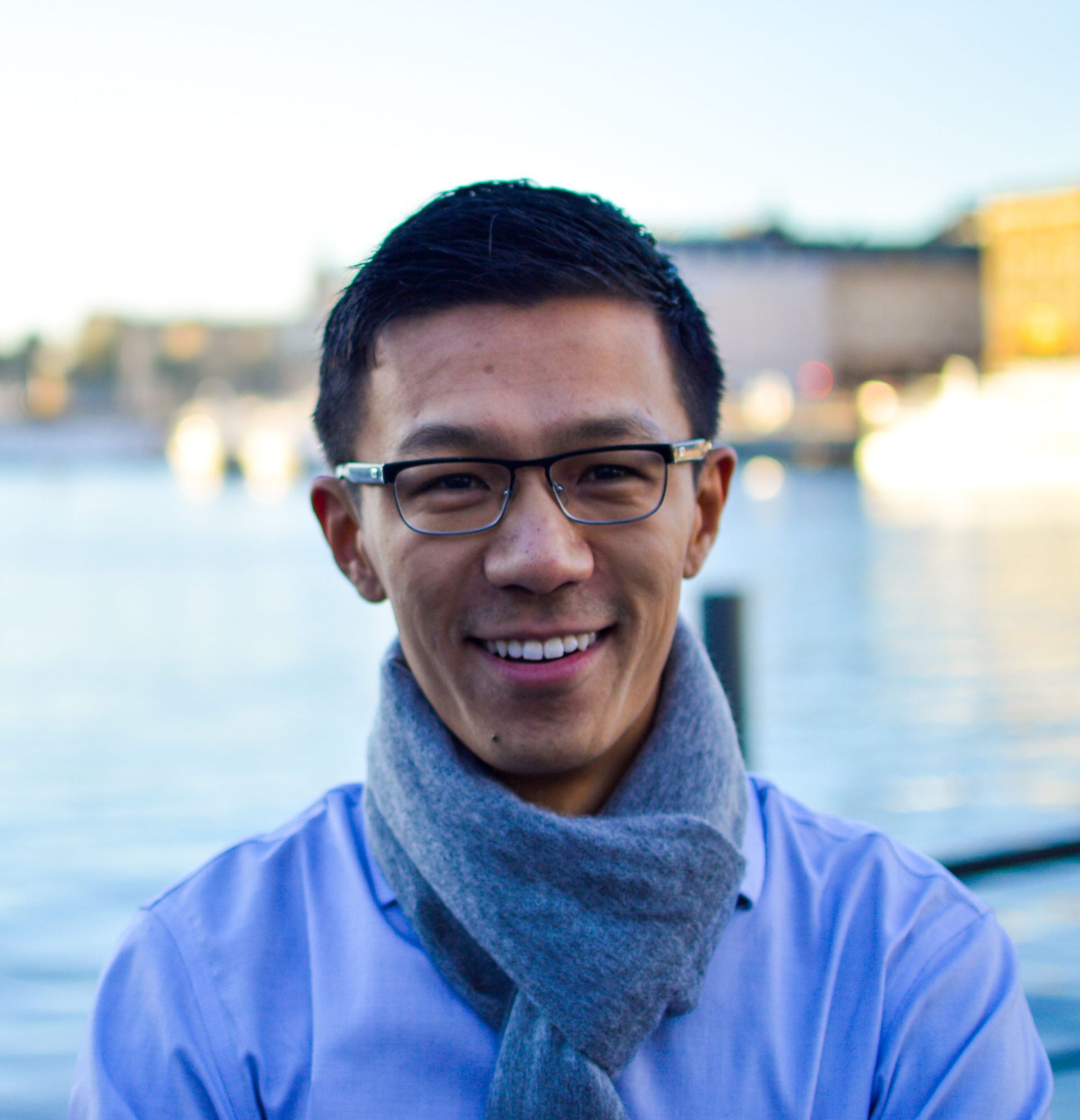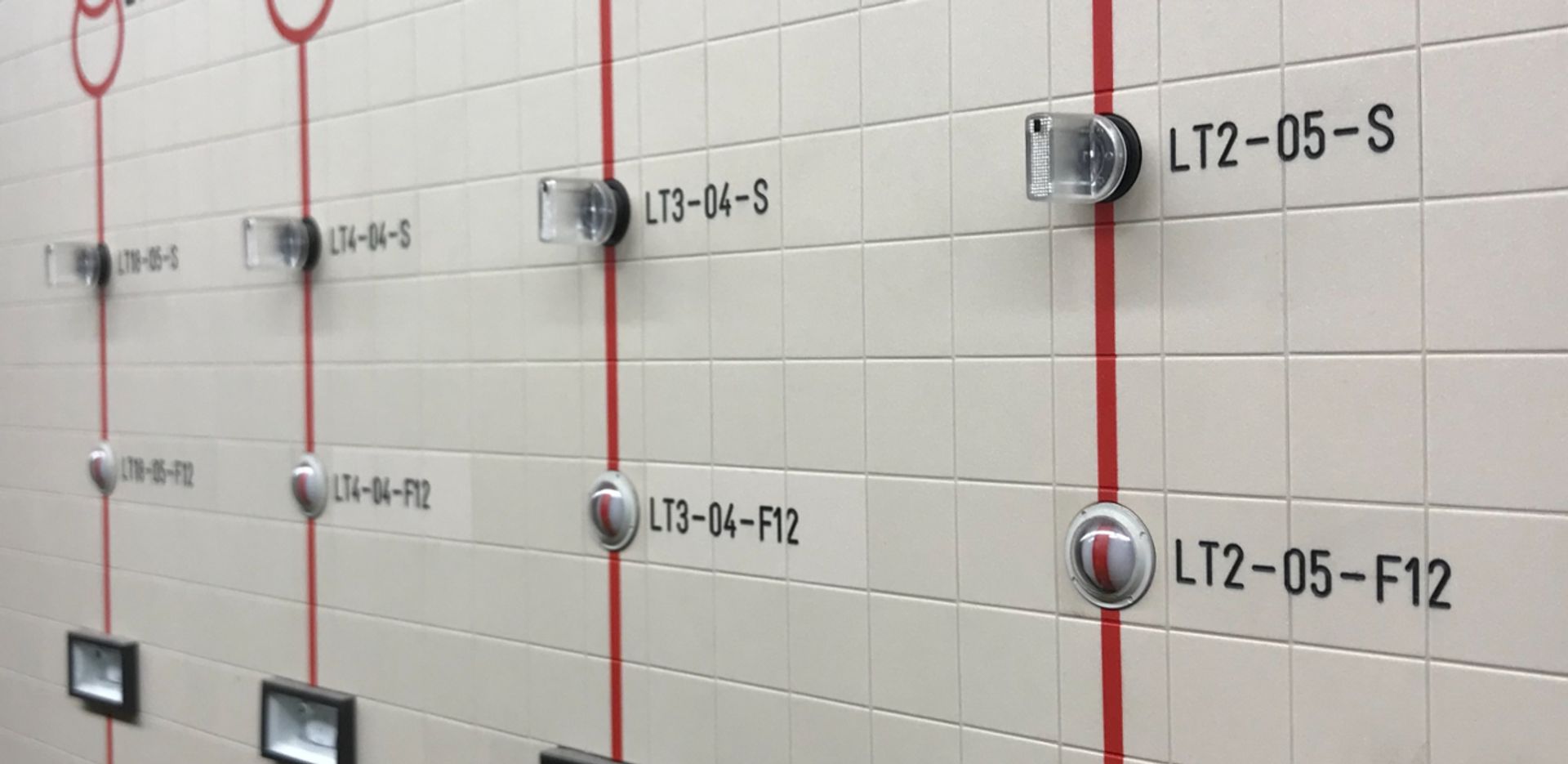
Written by Usisipho
29 Nov 2017
Engineering courses are often lecture and laboratory focused. One of the great things about Master’s courses in Sweden is that a lot of emphasis is also placed on gaining knowledge beyond the classroom!
moreEngineering lectures with a twist
My Master’s courses have included plenty of learning activities that are different from the typical engineering lecture. For example, talks given by industry professionals, sharing their experiences in various companies and disciplines. Or talks by PhD students, sharing the ins and outs of doing a doctorate. From coursework, writing a thesis, running experiments, industry collaboration to teaching work.
Practical engineering studies
In my undergraduate engineering courses, “practical studies” usually meant laboratory work, and the occasional field trip/site visit. At the Master’s level – it’s been mostly field trips so far. These usually mean visiting a chemical plant, talking to the engineers and technicians, and learning about how the plant operates. Engineering work can be quite practical, so getting a sense of this part is great as an aspiring engineering. I find that hands-on experience is a method that really helps crystallise the theoretical foundations you learn in class.
Wondering what typical site visit is like? Here are some basics!
Site visit basics
Most visits generally start with an introduction from one the plant engineers. You learn about safety, get a description of the history of the plant, how the plant operates, and some time to ask questions. After this you’ll usually go on a walking tour where you see how things work, get more detailed information and meet some of the staff. After the tour there’s usually time for more questions. Sometimes there will be a follow-up at university, where you apply theory learnt in class to complete an assignment.
Here are a couple of the visits I’ve been to so far:
Renova Sävenäs
Sweden is a cold country, with a leading reputation in sustainability. I experienced how these two come together when I had the opportunity to visit some waste to energy plants near Gothenburg.
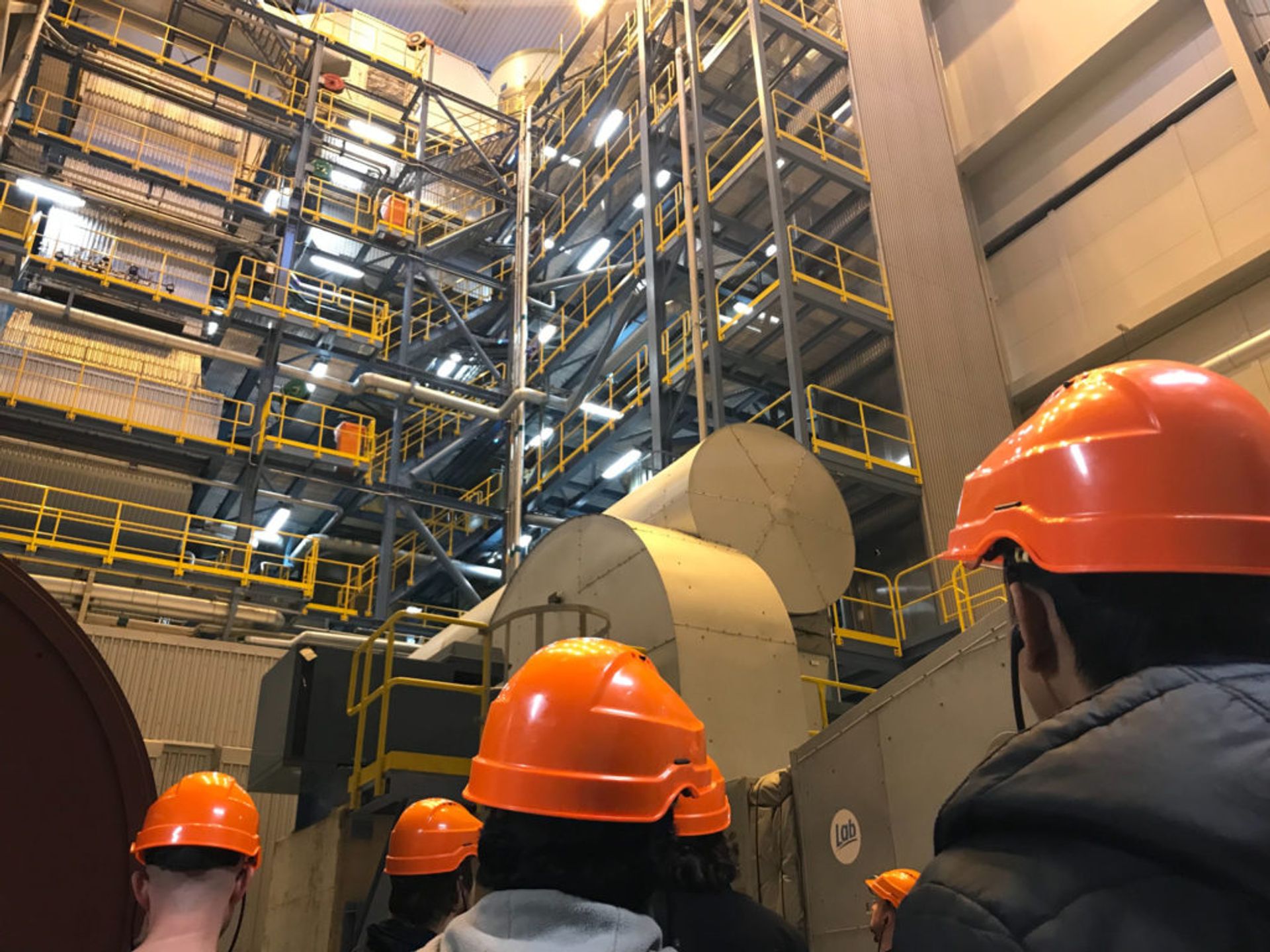
Renova Sävenäs is a facility that uses waste to produce electricity and heat. This reduces the amount of waste going to landfill while providing energy to homes and businesses in Gothenburg. The facility produces 5% of the city’s electricity demand and 30% of its district heating needs.
Ryaverket, Borås
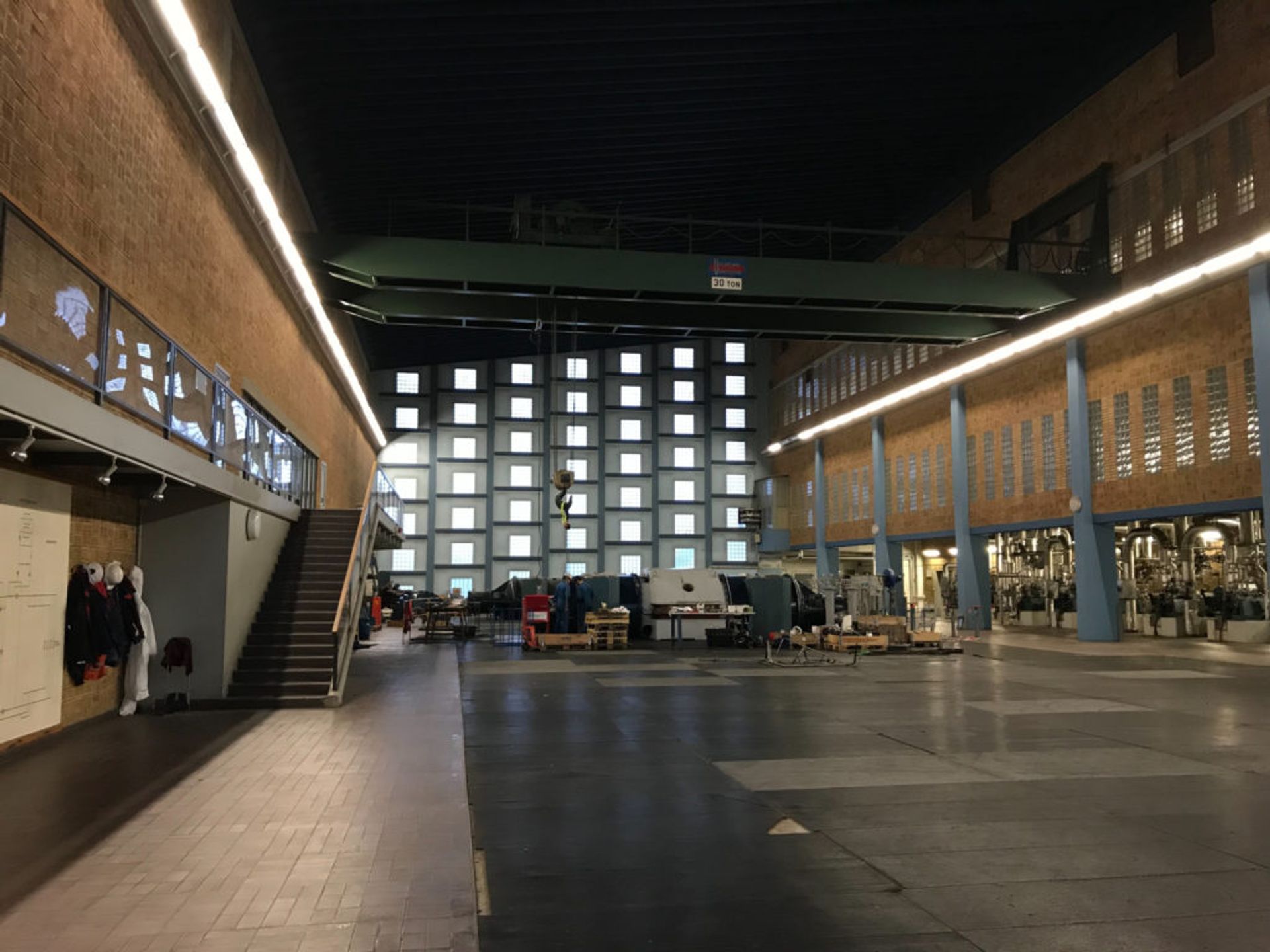
The Ryaverket facility is similar, but also uses forestry waste (wood chips) to produce heat and electricity for the Borås area. I enjoyed both visits, it’s really refreshing to learn in an interactive and interesting way.
Do your courses also have practical elements? Share your experience, it’d be great to hear!
If you’re still curious about academic life in Sweden, feel free to email me: usisipho.studyinsweden [at] gmail.com!
